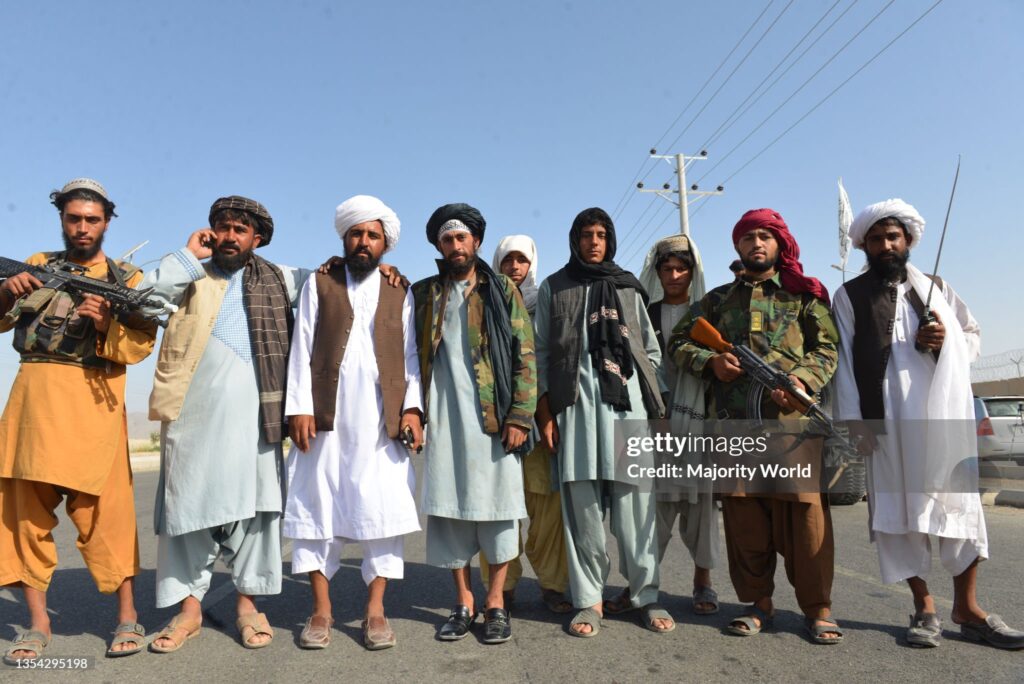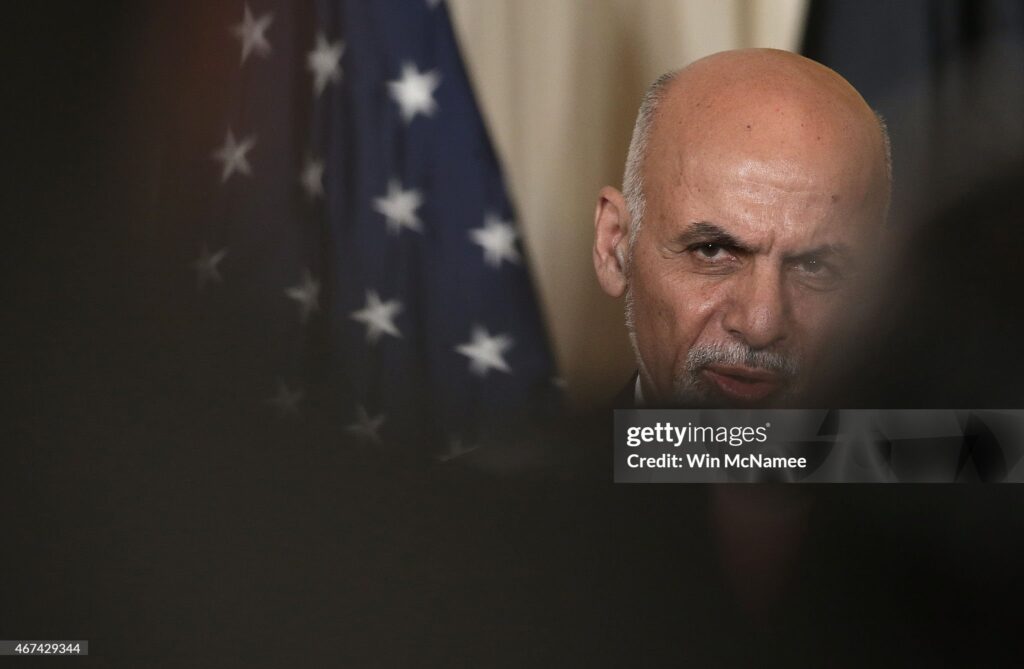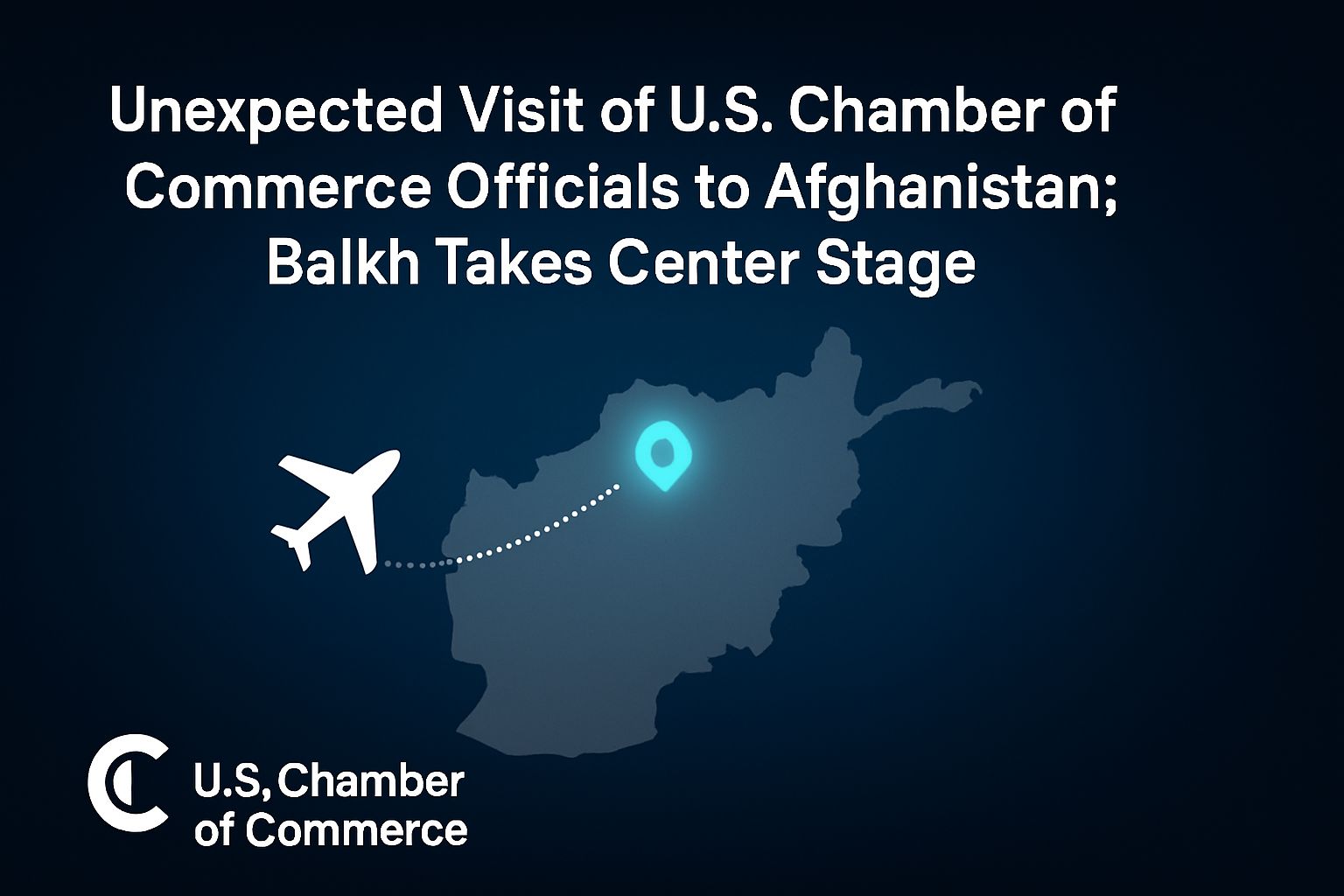
Active sources in Afghanistan’s oil and gas market say that in recent weeks the Taliban, through direct political pressure on the Ghazanfar Group, have been trying to pocket money that was embezzled during the Republic era from Japan’s non-repayable aid meant to control oil prices.
This debt, which was originally supposed to return to the Afghan state treasury, is now facing a major risk: instead of being used for reconstruction and development, if collected by the Taliban, it will turn into a financial source for a terrorist group.
The Taliban is a recognized terrorist group that uses its financial resources to fatten its war machine, equip its fighters, and strengthen terrorist networks.
If this money – now estimated at more than 70 million dollars – goes into the Taliban’s treasury:

Instead of being invested in Afghanistan’s infrastructure, it will be allocated to military equipment, intelligence networks, and terrorist activities.
This money could be spent on expanding the Taliban’s regional influence and their extremist allies.
Ultimately, the Afghan people will be the main losers; because the capital that should have been used to keep oil prices low and support the economy will now turn into a tool of repression and violence.
The background of this historic contract scandal
The contract was first signed in 2007 with Japan’s aid to control oil prices in Afghanistan.
According to Arg Times, at first the project was assigned to Azizi Hotak Company; later, the contract was transferred to National Fuel Company (belonging to Haji Mayel Khairkhwa).
Eventually, through its political influence, Ghazanfar Group took over the contract.
The money was supposed to be returned to the government, but not only was it not repaid, it has now reached more than 70 million dollars with interest and penalties.

Ashraf Ghani repeatedly tried to reclaim the debt from Ghazanfar but failed
During Ghani’s administration, an official meeting was held at the Presidential Palace with the participation of the president and some businessmen. In that meeting, Ashraf Ghani warned Ismail Ghazanfar to pay the government’s debt, but Ghazanfar only promised that “the problem will be solved.”
However, an Arg Times source says that Ghazanfar Group, especially Mr. Ismail Ghazanfar, the head of this group, is “a clever man” and might be able to get out of this scandal and prevent the money from going into the terrorists’ pockets.
The sensitivity of the issue for Ismail Ghazanfar
Arg Times made repeated efforts to obtain Ghazanfar’s view, but he once said: “If anyone has a complaint, the courts are active, they should file their complaint there.”
Finally, Mr. Ghazanfar blocked the Arg Times reporter on the phone and turned off his number.
According to investigative reports by the 8am Daily, Japan’s non-repayable aid in 2007 was equal to 65 million dollars. This money, after being spent in the market, was supposed to return to the state treasury. But companies affiliated with Ghazanfar Group did not return the principal, and with 18% interest, the debt has reached over 100 million dollars.
Tolo News has also confirmed, based on Ministry of Finance documents, that four companies affiliated with the Ghazanfar family (Zemary Samim, Ferdowsi Balkhi, Rena Khosrow, and Parsley Sharafat) owe a total of 52 million dollars.
The “Japan Aid” case was one of the biggest economic scandals of the Republic era.
Today, with the Taliban pressing for the settlement of this debt, a bigger danger is looming: money that was meant to help the Afghan people may fall into the Taliban’s hands and fuel the machinery of terrorism.
This is an alarm bell; because every dollar of this money, instead of reducing oil prices and supporting the national economy, could be used in the service of violence, war, and terrorism.



